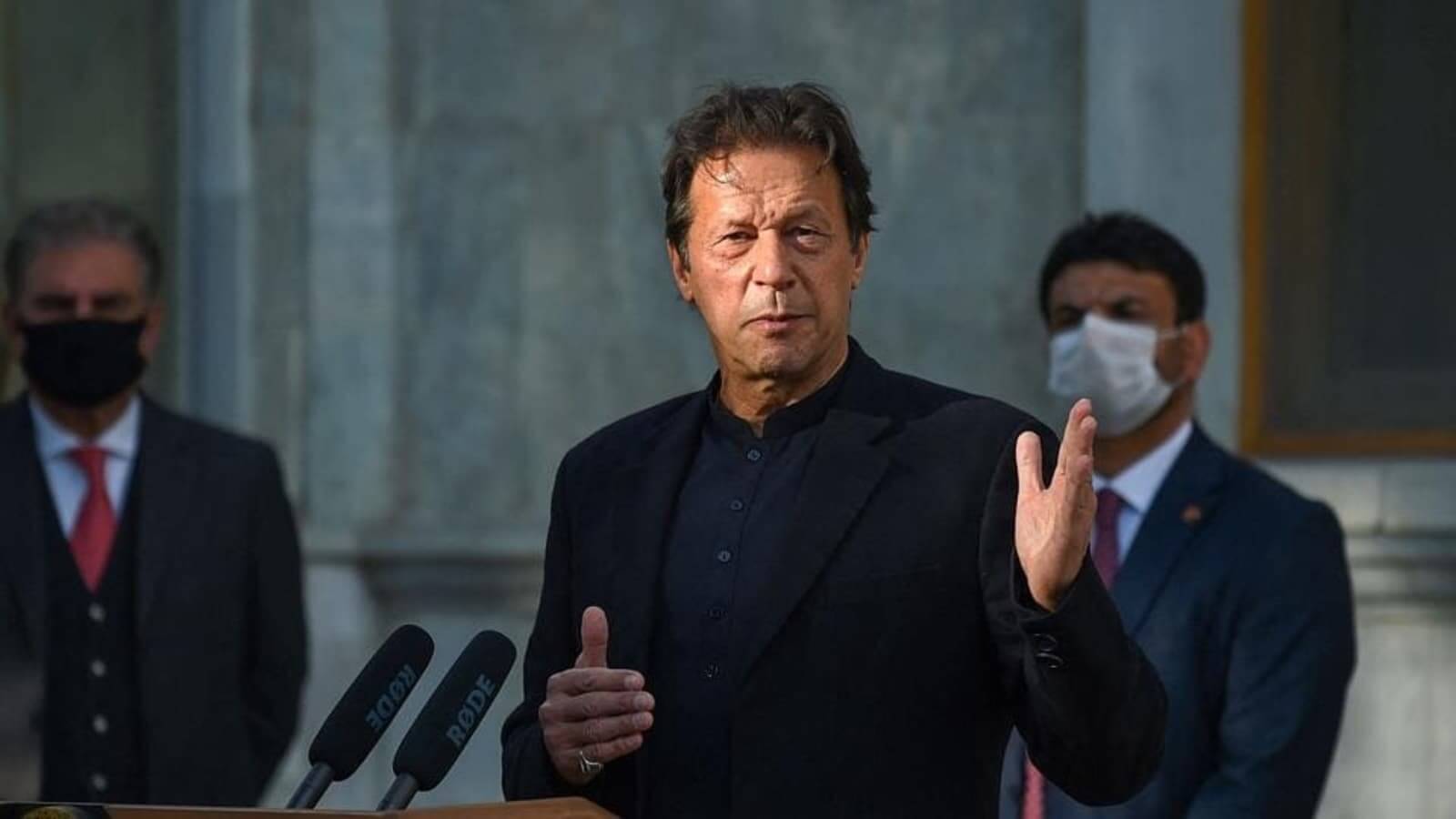In an interview with Axios on Sunday, Pakistani Prime Minister (PM) Imran Khan urged the United States (US) to remain committed to finding a “political settlement” in Afghanistan before completely withdrawing its troops from the country.
Khan said the political settlement would require establishing a “coalition government,” including “a government from the Taliban side” and the Afghan government. Failure to do so, Khan warned, could lead the country to a “civil war.”
Moreover, the PM stressed that the need to secure peace in Afghanistan is important not just for the country but the region at large, with violence spilling over into Pakistan. He said, “In case the Taliban go for an all-out victory, there is going to be an incredible amount of bloodshed and, let me tell you, the country that is going to suffer the most after Afghanistan is going to be Pakistan.”
In addition, he dismissed reports suggesting that Pakistan would allow American military bases in its territory for conducting operations in Afghanistan. He said, “There is no way we are going to allow any bases, any action from Pakistani territory into Afghanistan … We will be partners in peace, not in conflict.”
Khan’s comments on Afghanistan come as the US continues to withdraw its troops from the country. In April, the US announced that it would remove all American forces from Afghanistan by the 20th anniversary of the September 11 attacks. However, this drawdown of troops has attracted several criticisms, as it is likely to create a security vacuum in the war-torn country, leading to greater destabilisation, which would also negatively affect the security of Kabul’s neighbours. As a result, Pakistan has been attempting to strengthen security ties with Afghanistan to prevent any instability from reaching its borders.
During the interview, Khan also addressed several other controversial issues, including the Kashmir dispute. He reiterated his call for the US to intervene and mediate between India and Pakistan. However, Khan added that he was “completely against” enhancing nuclear capabilities, which he believed wouldn’t be needed if the Kashmir conflict is resolved, as Pakistan’s nuclear policy was “simply a deterrent to protect ourselves.”
Khan was also asked about his silence on China’s alleged human rights violations against the Uighur Muslim community despite his ongoing campaign to combat rising Islamophobia in Western countries. In response, he said that Pakistan’s engagement with China remains “behind closed doors,” adding, “China has been one of the greatest friends to us in our most difficult times. When we were struggling, our economy was struggling; China came to our rescue.”
His statement during the interview that the “temptation” caused by women’s clothing played a significant role in the surge in sexual violence in Pakistan also attracted criticism from several commentators. Khan said, “If a woman is wearing very few clothes, it will have an impact on the men unless they are robots.”
Pakistan PM Urges US to Find “Political Settlement” in Afghanistan Before Troop Withdrawal
Pakistani Prime Minister Imran Khan urged the United States to secure a “political settlement” by forming a coalition between the Taliban and the Afghan government before withdrawing its troops.
June 22, 2021

SOURCE: AFP
